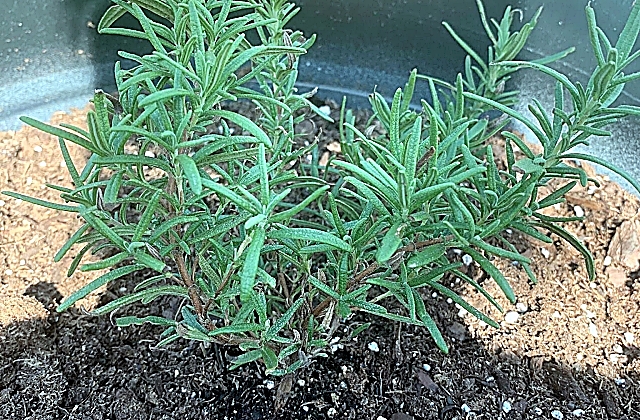Indoor Herb Garden Choices

Why would you want to do herbs grow better in a greenhouse? There are lots of reasons why growing herbs in a greenhouse is important. They offer a great way to harvest your favorite herbs for use in your favorite recipes. You can easily personalize your herb garden with your favorite variety. You can also enjoy the wonderful aroma that comes from the growth of these lovely plants.
The pleasant smell, the flavor, and other medicinal purposes of perennials make them extremely important to many different cultures throughout the world. Even if you love growing herbs year-round, you likely want to grow more perennial herbs in your green house. Some perennials have historically represented an important element in folklore. Thyme, for instance, is a common symbol of courage.
Herbs also grow better in a greenhouse because they are easier to keep alive during the growing season. Many types of annuals can be easily kept alive through the winter months with the right care. But perennial herbs can often get lost in the shuffle of annuals due to their lack of fresh growth. By growing them in a greenhouse, you can ensure that they are constantly growing. They will be ready to harvest when you need them.
Several plants are better suited to the rich soil and climate of a greenhouse. Some of these plants are ferns, geraniums, begonias, and orchids. Ferns can thrive in both cool and warmer weather and in soil that are either sandy or clay-based. Geraniums can also thrive in sunny and cold weather. It all depends on the type of geranium that you are growing.
A common problem facing many gardeners is how to keep their herbs fresh while in the heat of the summer. In order to thrive, herbs must have dark green leaves. This is because much of the sun’s energy is absorbed by the leaves and the dark green leaves absorb the rest of the sunlight as they age. If the plant has white, hot, sun-baked leaves, it will not taste its best when it is exposed to full sun. The best way to avoid this is to plant the herbs in a greenhouse that has been provided with six inches of water every week during the growing season.
A popular herb that is difficult to grow in the garden is thyme. This herb starts to lose its flavor after a few years of being harvested. In order to retain its flavor, it needs to be kept in a humid environment. Basil is another popular plant that suffers from this condition. One method you can try in order to prevent the loss of flavor in thyme is to freeze the thyme before harvesting.
Since herbs do not need annual attention like other plants, it is much easier to keep them from dying off in the winter. One simple way to do this is to plant annuals around your plants. Annual herbs will survive the winter season with no problems. However, if you wish to try an indoor herb garden with herbs that do not survive well in the winter, perennial herbs such as oregano, Rosemary, parsley, sage, chives, and thyme should be planted in a separate arrangement during the winter season.
Oregano can suffer from cold weather and wind as well. A good choice for an indoor herb garden would be chives. A warm bedding mix and some chives will keep the herb alive during the colder months. If you are planting chives, be sure to stake the chives to the bottom of the bedding so that they will stay in place through the winter. When spring comes and you are ready to use your herb garden, pull the chives back into the bedding and the outdoor chives will follow.